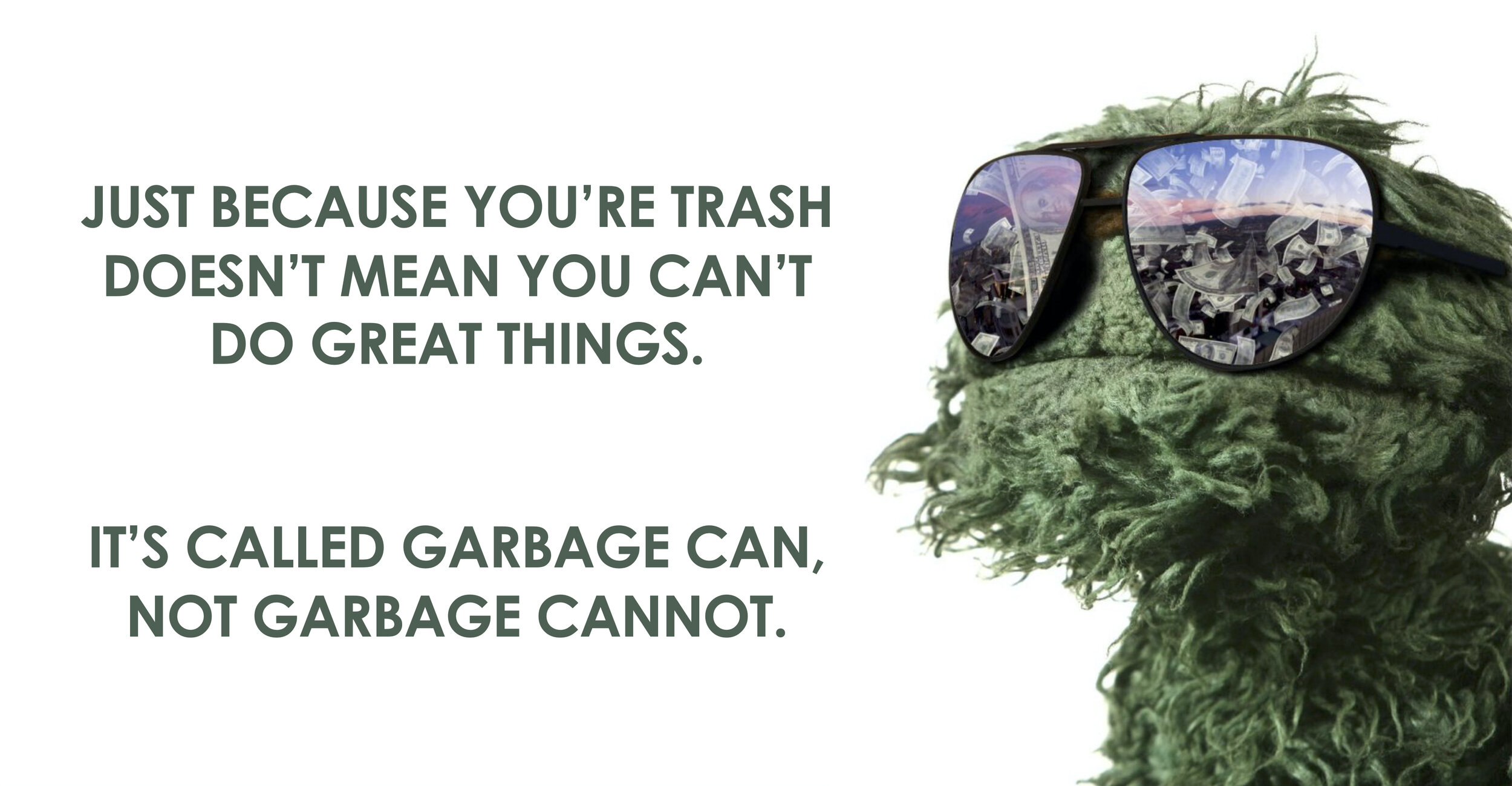“The greatest threat to our planet is the belief that someone else will save it.”
Research Interests:
Sustainability and equity in business
Waste
Waste is an abundant, universal, and often renewable resource that is widely overlooked in business literature. These externalities, commonly viewed as costs of doing business, have tremendous opportunities that support a triple bottom line for profits, planet, and people through a circular economy. Waste is only waste if you waste it, and every country deals with waste differently. We can learn innovative, sustainable waste solutions from each other to improve economic, environmental, and social issues globally. Insects offer valuable opportunities that support biomimicry in which they can be utilized to valorize externalities such as food loss and waste (through black soldier fly larvae), plastic waste (through wax worms), and styrofoam waste (through mealworms).
Stakeholder Governance
Shareholders are no longer at the center of business models. A wide range of stakeholders must be considered in order for businesses to not just thrive but to simply survive. Many firms realize this shift and solicit participation from their employees, consumers, suppliers, governments, and communities. However, consideration, involvement, and prioritization of stakeholder concerns are not synonymous with decision-making power or ownership. Firms may ask for stakeholders’ input but not actually implement their concerns or give voting power when making strategic decisions. These concepts are merged under the genre of stakeholder theory but they require rigorous attention and research to develop updated constructs, processes, models, and theories for these very different phenomena.
food
The continuing depletion of resources on this planet make traditional agricultural practices unrealistic for the future of our food supplies. I spent some time volunteering on an aquaponics farm in China and became fascinated by innovative agriculture, such as vertical farming, urban gardening, and entomophagy (eating insects). Consuming bugs is a foreign and unappealing concept in many developed nations; however, this practice is commonplace for much of the world. Bugs provide an abundant and nutritionally-rich food source that use far less resources than traditional protein sources such as beef, pork, poultry, and fish.
bottom of the pyramid
People living in poverty comprise the largest socio-economic group in the world. In the past, these populations have been largely ignored by businesses because they were thought to not have sufficient purchasing power. However, these consumers still have basic and important needs. C.K. Prahalad was among the first to identify and articulate this reality to show that traditional business models require a redesigned structure in order to target this valuable market segment. Instead of high margins for niche markets, a strategy that implements low margins for expansive markets can provide significant economic returns. Paired with sustainability, these business opportunities have extensive implications on environmental and social communities. However, we cannot overlook the impacts of packaging small-quantity, single-use products. Therefore, substantial attention and research is needed to optimize the operationalization of these business models.
Peer-reviewed journal articles
Peer-reviewed conference proceedings
Ku, S. (2022). Developing Grounded Theory from Case Studies of Organizational Food Waste [paper presentation]. Academy of International Business conference, Miami, Florida, USA.
Ku, S., Liu, L.A., Hong, Y.-y., & Ng, E. (2021). Rethinking the Basics: A Critical Review of How and Why to Update the Use of Demographic Variables [paper presentation]. Academy of Management conference, online.
Ku, S. (2021). Theoretical Development of Stakeholder Governance Through Waste Management [paper presentation]. Academy of International Business conference, online.
Ku, S. & Liu, L.A. (2019). Choice and Visibility: An Inclusive Perspective of Multiculturalism [paper presentation]. Academy of International Business – US Southeast chapter conference, San Antonio, Texas, USA.
Ku, S. (2019). An International Comparison of Food Waste Disposal Policies [paper presentation]. Academy of International Business conference, Copenhagen, Denmark.
Ku, S. (2019). Bug Business: International Case Studies of Organic Waste Management Using Insects [paper presentation]. Consortium for International Marketing Research conference, Ankara, Turkey.
Other publications
“You cannot escape the responsibility of tomorrow by evading it today.”
